fans of action movies, the marriage of American gunfighting and Japanese swordplay has yielded an almost biblical genealogy. Hollywood influenced Akira Kurosawa, who made “Seven Samurai,” which John Sturges westernized as “The Magnificent Seven,” which spurred Kurosawa to reply with “Yojimbo,” which Sergio Leone and Clint Eastwood copied as “A Fistful of Dollars.”
Now comes “The Last Samurai,” opening Dec. 5, a film that may prove to be more than the latest in this line of begats. By casting Tom Cruise as an American frontiersman in 19th-century Japan, “The Last Samurai” does not just engage in East-West exchange; it takes this cultural traffic as its subject. In doing so, “The Last Samurai” also brings to the surface a common theme of these movies: loyalty to a lost cause.
Like westerns, samurai movies are often populated by veterans of civil war who can face death impassively because their defeat is already an accomplished fact. The great swordsman and military thinker Musashi Miyamoto perhaps defined this type for Japan, as the central character in a novel by Eiji Yoshikawa (“Musashi,” published as a serial in Japan from 1935 to 1939 and in an English abridgement in 1981) and in its movie version, Hiroshi Inagaki’s influential “Samurai Trilogy” (the first installment of which was released in 1954, the same year as “Seven Samurai”). Like many a Confederate soldier who traveled west after Appomattox, making his way as a gunslinger, Musashi became a wanderer with a code of honor after fighting on the losing side at Sekigahara, in 1600.
Since “Yojimbo,” samurai movies have been less than entirely serious about the nobility of defeat. This is partly because the wised-up samurai picture is as much a gangster movie as a western, and partly because people with no love of the Confederacy have made their way into the genre. Witness Omar Epps as a South Central yakuza in Takeshi Kitano’s “Brother” or Forest Whitaker as a soulful hit man in Jim Jarmusch’s “Ghost Dog: Way of the Samurai.”
“The Last Samurai” promises a return to classic form, with less irony and more elegy. Granted, Mr. Cruise’s veteran fought for the Union rather than the Confederacy (as you might expect of the director, Edward Zwick, who also made “Glory”).
On the other hand, when Mr. Cruise joins with Ken Watanabe’s samurai forces, he finds his way into a losing cause

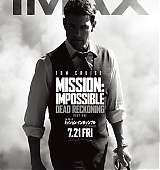
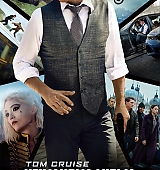
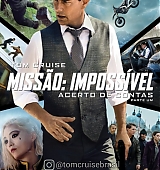

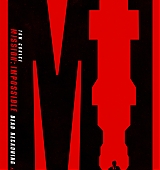

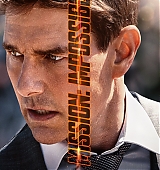























Comments are closed.